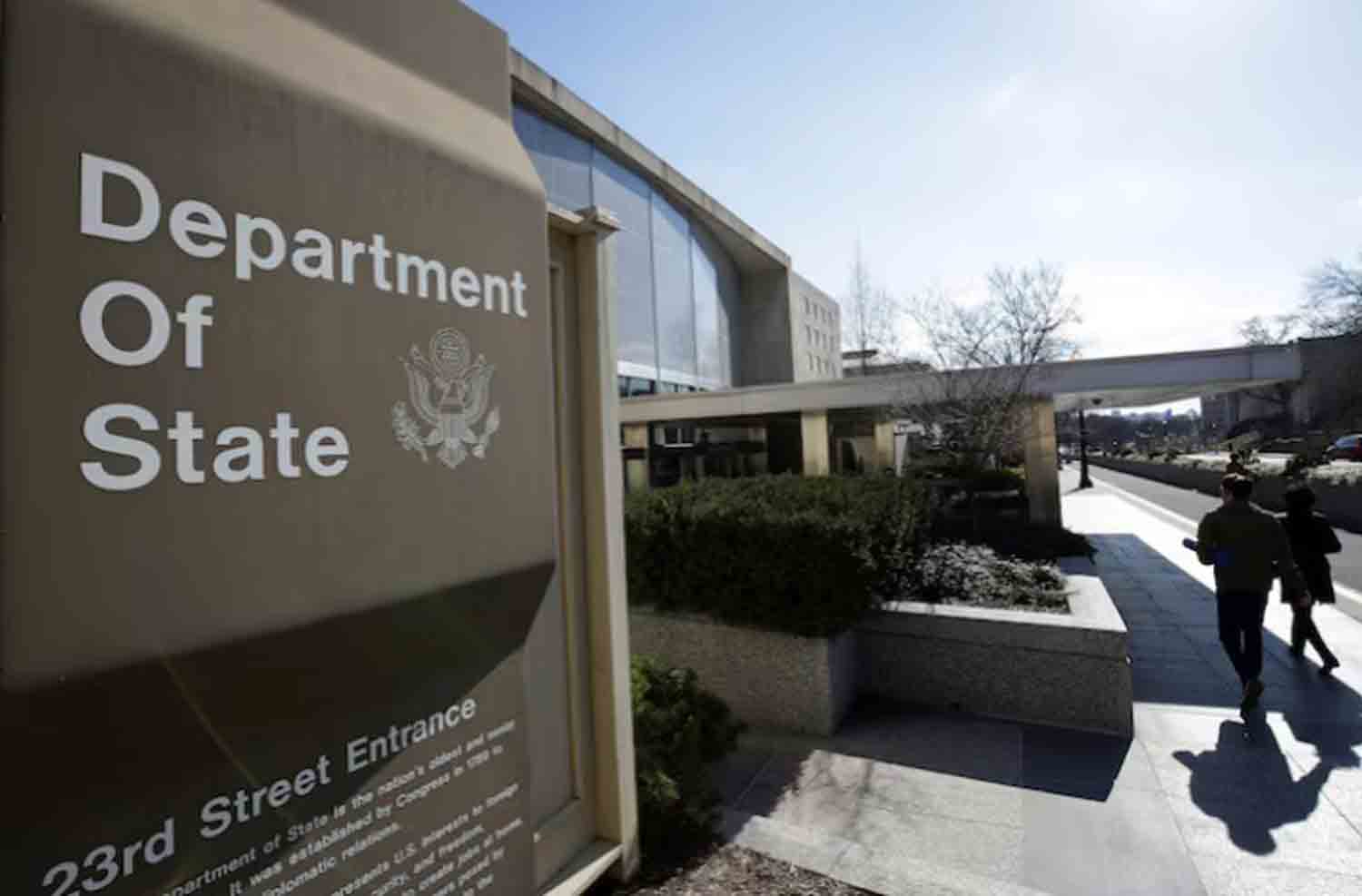Chinese President Xi Jinping unveiled a series of initiatives aimed at bolstering support for the “Global South” during a meeting of G20 leaders in Rio de Janeiro, as reported by China’s state broadcaster CCTV on Monday.
In his opening address at the G20 Summit, Xi outlined China’s commitment to global development through eight key actions, which include enhancing the “high quality” Belt and Road Initiative—his flagship foreign policy that channels significant Chinese investments into infrastructure projects across developing nations.
Additionally, he announced a collaborative effort with Brazil, South Africa, and the African Union to establish an “Open Science International Cooperation Initiative,” aimed at promoting scientific and technological advancements in the Global South.
“China endorses the G20’s efforts to facilitate practical cooperation that benefits the Global South,” Xi stated, as reported by the state news agency Xinhua, noting that China’s imports from developing nations are projected to exceed $8 trillion by 2030.
“China has consistently identified itself as part of the ‘Global South,’ serving as a dependable and long-term ally to developing countries, and actively contributing to global development,” Xi remarked.
“China does not aspire to operate in isolation; instead, it envisions a collaborative approach where numerous developing nations can thrive together towards modernization.”
Xi’s emphasis on the Global South aligns with Brazilian President Luiz Inacio Lula da Silva and other leaders from developing countries advocating for a more prominent role in international discussions. The two leaders are scheduled to meet in Brasilia on Wednesday, coinciding with the conclusion of Xi’s state visit to Brazil.
Brazil has made significant efforts to amplify the voices of the Global South by advocating for the African Union’s formal membership in the G20, drawing parallels with the European Union’s status. This year, the AU is actively participating in the G20 on behalf of African nations.
The increasing prominence of the Global South within the G20 has created some unease among wealthier nations, yet it offers a strategic advantage for China, which maintains strong economic and political relationships with many developing countries, especially in Africa, where it plays a substantial lending role.
Established in the aftermath of the 2007–08 financial crisis, the G20 was designed to incorporate key emerging economies into discussions that had previously been limited to the Group of Seven industrialized nations. It has since evolved into a crucial platform for economic and financial collaboration.
The G20 accounts for approximately 85% of global GDP, over 75% of international trade, and about two-thirds of the global population.
The term “Global South” was introduced to refer to developing, emerging, or lower-income nations, primarily located in the southern hemisphere, serving as a replacement for the outdated term “Third World” that was prevalent during the Cold War era from 1945 to 1990.
Discover more from Defence Talks | Defense News Hub, Military Updates, Security Insights
Subscribe to get the latest posts sent to your email.





